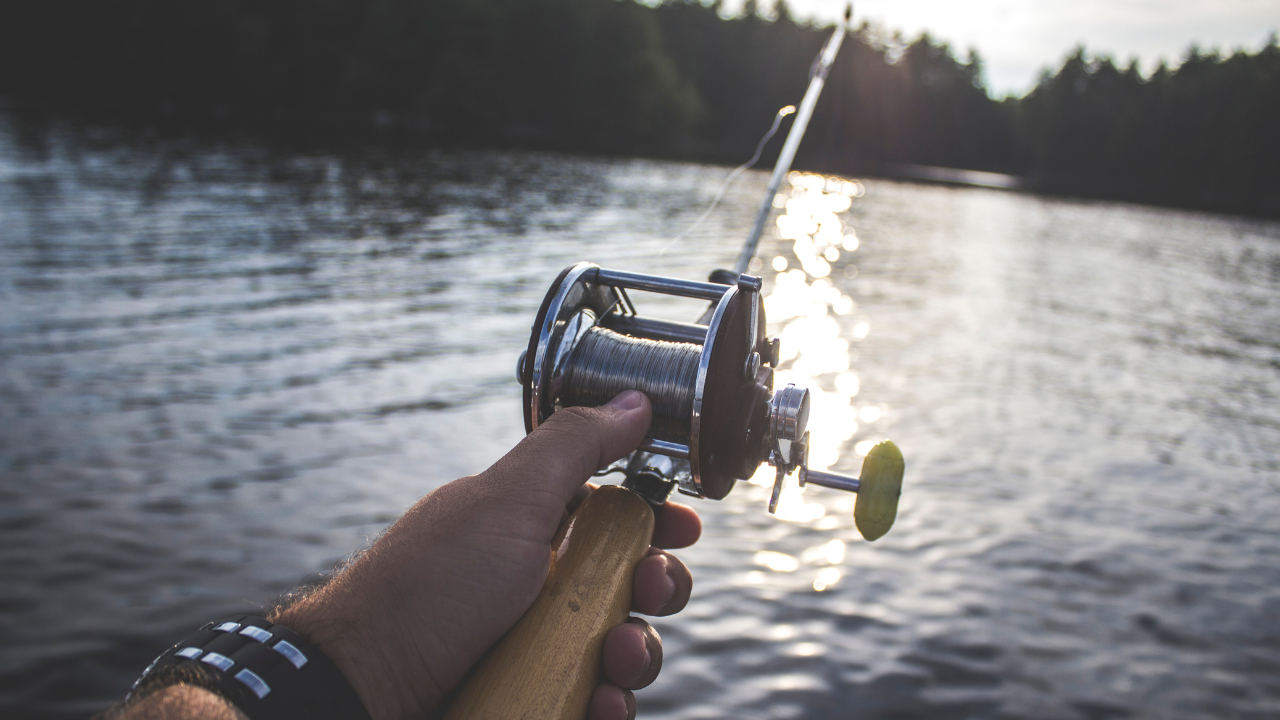Fishing for Beginners: Essential Tips for Getting Started

Fishing is a timeless activity that offers a perfect blend of relaxation, excitement, and connection with nature. If you’re new to fishing, getting started can seem overwhelming with all the different techniques, equipment, and terminology. But fear not! In this comprehensive guide, we’ll provide you with essential tips and tricks to help you embark on your fishing journey with confidence.
Understanding the Basics
Learn about Local Fishing Regulations
Before you start fishing, it’s crucial to familiarize yourself with the fishing regulations in your area. Fishing regulations may vary depending on the location, species, and season. Check with your local fish and wildlife agency or visit their website to learn about the fishing licenses, bag limits, and any specific rules or restrictions that apply.
Choose the Right Fishing Equipment
Selecting the right fishing equipment is essential for a successful and enjoyable fishing experience. As a beginner, it’s best to start with a versatile and easy-to-use fishing rod and reel combo. Look for a medium-action spinning rod and a spinning reel, as they are user-friendly and suitable for various fishing applications. Additionally, invest in a tackle box with a few basic fishing accessories, such as hooks, sinkers, bobbers, and fishing line.
Understand the Different Fishing Techniques
There are various fishing techniques, each suited for different types of fish and fishing environments. Some popular fishing techniques include baitcasting, spinning, trolling, and fly fishing. Take the time to research and understand these techniques, and choose one or two to focus on as a beginner. Starting with a single technique will allow you to gain proficiency and confidence before exploring other methods.
Research and Preparation
Study the Local Fishing Spots
Researching the local fishing spots is a crucial step for beginners. Look for fishing spots in your area, such as lakes, rivers, ponds, or coastal areas, that are known for the type of fish you want to catch. Online forums, fishing guides, and local fishing communities can be excellent sources of information about popular fishing spots and the best times to fish.
Learn about the Targeted Fish Species
Different fish species have unique habits, feeding patterns, and preferences. Take the time to learn about the fish species you want to target. Understand their preferred habitats, the bait or lures they respond to, and the best time of day to catch them. This knowledge will increase your chances of success and make your fishing trips more rewarding.
Gather the Right Bait and Lures
Based on your research of the targeted fish species, acquire the appropriate bait and lures. Live bait such as worms, minnows, or crickets can be effective for many species. If you prefer using lures, choose ones that mimic the natural prey of the fish you’re targeting. Experiment with different sizes, colors, and types of lures to find what works best in your fishing spot.
On the Water
Practice Casting and Retrieval Techniques
Casting is a fundamental skill in fishing. Practice your casting technique in an open area before heading to the water. Learn how to cast with precision and accuracy to ensure your bait or lure reaches the desired spot. Additionally, practice different retrieval techniques, such as steady retrieval, twitching, or jerking, to make your bait or lure appear more enticing to the fish.
Be Patient and Observant
Fishing requires patience and observation. Find a comfortable spot, cast your line, and wait for the fish to bite. Be attentive to any signs of fish activity, such as splashing or ripples on the water’s surface. Pay attention to the behavior of other anglers around you, as they may provide clues about where the fish are biting. Patience and observation are key to a successful fishing trip.
Practice Catch and Release
As a beginner angler, it’s important to practice catch and release to promote the conservation of fish populations. Handle fish with care, keeping them in the water as much as possible, and using barbless hooks to minimize harm. If you do catch a fish that you plan to keep, ensure it meets the legal size requirements and follow the local regulations for keeping and cleaning the fish.
Stay Safe and Respect the Environment
When fishing, prioritize safety and respect for the environment. Wear appropriate attire, including a hat, sunglasses, and sunscreen, to protect yourself from the sun’s rays. Be aware of your surroundings, especially when fishing near deep water or fast currents. Respect the natural environment by properly disposing of trash and avoiding any actions that could harm the ecosystem or disturb wildlife.
Learn from Experienced Anglers
One of the best ways to improve your fishing skills is to learn from experienced anglers. Engage with the fishing community, join local fishing clubs or online forums, and participate in fishing workshops or classes. Experienced anglers can provide valuable tips, techniques, and insights that will help you progress and become a more successful angler.
Embrace the Journey
Remember, fishing is not just about catching fish. It’s about enjoying the experience, connecting with nature, and creating memories. Embrace the journey, appreciate the beauty of the outdoors, and be open to the unexpected. Sometimes the most memorable fishing trips are the ones where you didn’t catch a single fish but had a great time nonetheless.
In conclusion, fishing for beginners can be an exciting and rewarding adventure. By understanding the basics, conducting proper research and preparation, and practicing patience and observation on the water, you’ll be well on your way to becoming a skilled angler. Remember to stay safe, respect the environment, and continue learning from experienced anglers. So grab your fishing gear, head to the nearest fishing spot, and enjoy the wonders of fishing. Tight lines!


